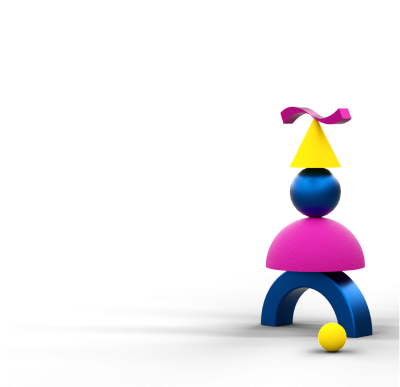Webinars and Events
We have 186 free webinars and events coming up across Scotland. Find out what's running in your region.
27th March 2025
13:00 - 15:00
Webinar
National (all regions)
27th March 2025
17:30 - 19:30
In Person
Edinburgh
Let's help you find services and resources
Your sector
Nobody knows your business like you do. But our market reports and research can keep you updated on your sector. Select yours now.


